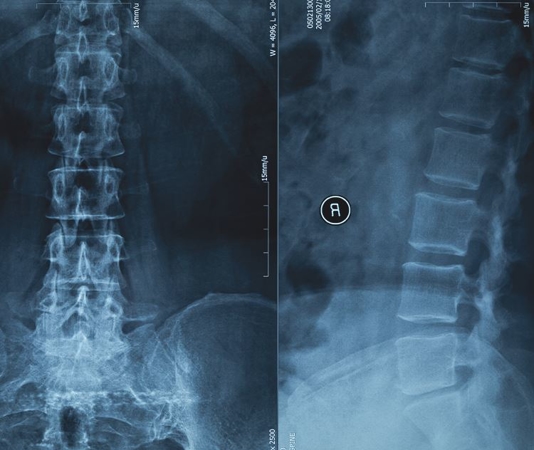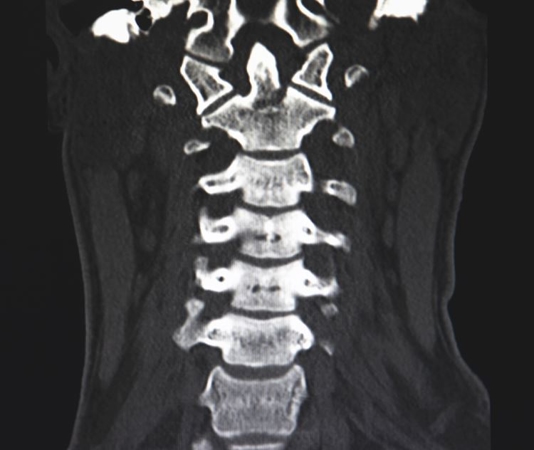Whiplash injuries occur when a person’s body moves forward rapidly while their head stays in place. Whiplash injuries can severely impact the neck, causing the neck to extend in a “whip-like” motion. In some cases, whiplash accidents can cause the neck to snap or jerk–resulting in serious injuries. What Should I Do After Suffering a...
Spinal Cord InjurySpinal Cord Injury with Tetraplegia in Young Persons After Diving Into Shallow Water: What has Changed in the Past 10 to 15 Years?
February 19, 20210
Over the past 30 years, advocates and policy makers started prevention programs to inform people of the high risk of spinal cord injuries (SCI) from diving into shallow water, defined as less than five feet deep. An estimated 80% of shallow diving cases result in SCI, and a significant portion result in quadriplegia (loss of...
Spinal Cord InjuryChanges In Health-Related Quality of Life Among Older Adults Aging With Long-term Spinal Cord Injury
February 12, 20210
A spinal cord injury (SCI) may drastically alter a person’s life, typically related the limited mobility, functional impairment, and chronic pain caused by these injuries. Consequently, the main purpose of rehabilitation is to establish long-term management plans that will help these individuals reach and maintain their highest possible quality of life. The most common impairments...
Spinal Cord InjuryFactors Associated with in-hospital outcomes of traumatic spinal cord injury: A 10-year analysis of the US National Inpatient Sample.
January 29, 20210
Spinal cord injuries (SCI) can be life-changing events, often leading to motor and sensory loss and permanent disability. The most common causes of SCI are motor vehicle accidents (comprising 39.2% of injuries) and falls (28.3%). Falls are particularly prevalent along elderly patients, who tend to have compromised balance and weaker joints, increasing their risk of...
Spinal Cord InjuryPerceived environmental barriers for people with spinal cord injury and their influence on quality of life.
January 20, 20210
Environmental barriers are a broad category of factors that often limit people with disabilities from fully participating in their daily lives—especially for those with spinal cord injuries (SCI), which can overwhelmingly affect mobility. While high-income countries have greater access to medical care and see higher survival rates, SCI is still understood to be an individual...



